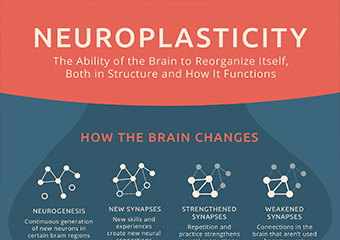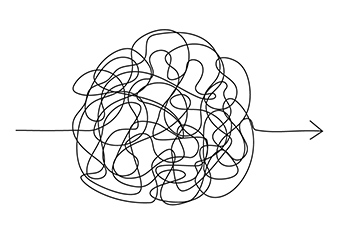Neuroplasticity, simply, refers to the brain’s ability to change and form new connections. When neuroscience began to discover more about the brain’s remarkable ability to change, it opened up new ways of thinking about our work with patients. By harnessing the power of neuroplasticity, we can help patients think more clearly, learn more easily, develop […]
Can Mindfulness Change How the Brain Processes Emotion?
We’d like to think it can, but what does the evidence show?A working definition of mindfulness is that it attentively and non-judgmentally focuses on present experiences. But does this actually affect anything in the brain? To find out, Jacqueline Lutz, from the psychiatry department at the University Hospital of Zurich, led a study investigating whether […]
Helping Trauma Patients Shed Feelings of Shame
For someone who’s experienced trauma, feelings of shame often remain long after the painful event. So how can practitioners help clients begin to reclaim a sense of self-worth? Kerstin Jung, PhD and Regina Steil, PsyD, at Goethe University Frankfurt, in Frankfurt, Germany, wanted to find out whether Cognitive Restructuring and Imagery Modification (CRIM) could empower […]
Two Chemical Reactions That Happen in the Brain during Trauma
When a traumatic event triggers our internal alarm system, the body goes into fight, flight, or freeze . . . . . . but what happens in the brain during trauma? According to Dan Siegel, MD, there are two key chemical reactions to trauma (and one can play a role in actually shrinking part of […]
Three Ways Trauma Changes the Brain
The treatment of trauma can be some of the most complex work practitioners face. And for years, this challenge was complicated by not having a clear picture of the impact that trauma has on the brain. But scientific advances within just the past few years have opened the eyes of practitioners to what actually happens […]




